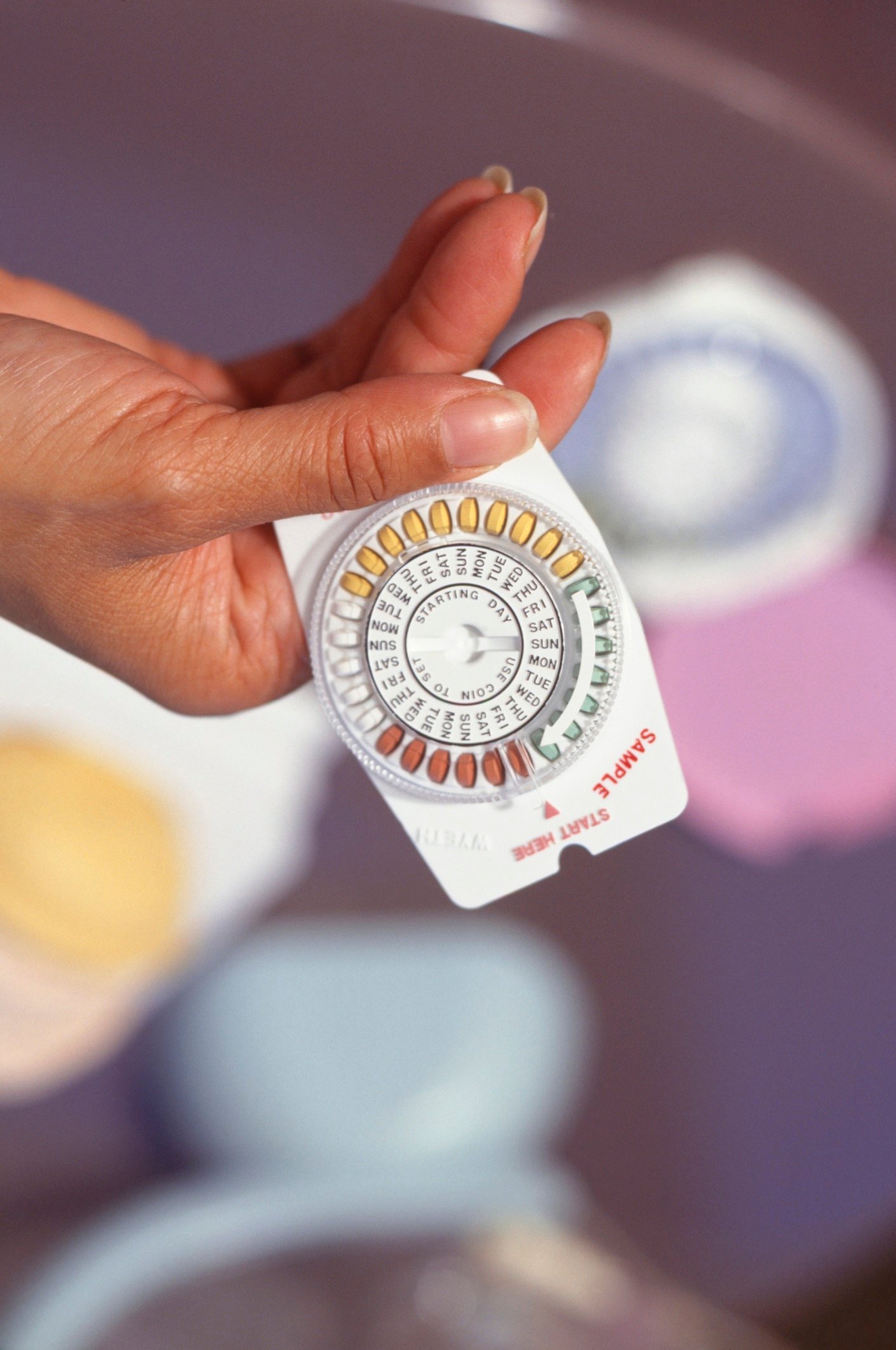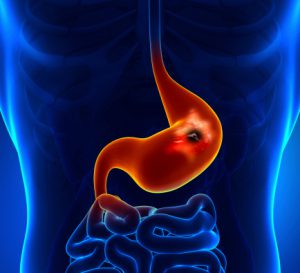Being hospitalized can be a difficult situation for many. In addition to dealing with being sick or injured, patients struggle with feelings of depression, stress and loneliness. To help them cope with these emotions, Jamaica Hospital has recently implemented an innovative pilot program that is receiving very encouraging feedback.
 Under the guidance of Dr. Sharon Wexler, PhD, RN, nurse researcher at Jamaica Hospital, a study is being conducted at the hospital to determine the benefits of robotic pets on hospitalized older adults (65 and older). These patients were selected because they are among the group most likely to demonstrate feelings of depression or loneliness during hospitalization.
Under the guidance of Dr. Sharon Wexler, PhD, RN, nurse researcher at Jamaica Hospital, a study is being conducted at the hospital to determine the benefits of robotic pets on hospitalized older adults (65 and older). These patients were selected because they are among the group most likely to demonstrate feelings of depression or loneliness during hospitalization.
According to the robotic pet program, patients receive a free, lifelike, battery-powered cat or dog with an audible heart beat to care for and play with. These pets interact with the patients by purring or barking, snuggling, turning their heads, opening and closing their eyes, wagging their tails, moving their paws, and showing their bellies. The pets, which come with a collar, identification tag, and grooming brush, cost approximately $100 and are single patient use only, so patients get to take them home with them once they are discharged.
Some may ask why use robotic pet therapy when actual pet therapy is available? The answer is Jamaica Hospital, like many other hospitals across the country does recognize and utilize live pet therapy for our patients. While pet therapy has been widely proven to improve the spirits of patients and potentially improve clinical outcomes, there are some limitations to this service. Unfortunately, traditional pet therapy services are not available 24 hours a day. In addition, some patients may have a fear of animals or be allergic to them. By introducing robotic pet therapy in addition to traditional pet therapy as an intervention, Jamaica Hospital now offers our patients a technologically advanced and effective additional service to boost their outlook and recovery process.
Prior to using realistic looking robotic pets, the hospital had older patients care for an avatar virtual service animal by using a tablet computer. The results were extremely positive as these patients exhibited increased cognition levels and reported fewer feelings of loneliness and depression, making the decision to continue with the robotic pet service an easy one.
While robotic pet therapy has been utilized at many extended care facilities, Jamaica is the first hospital to explore the potential of this service in an acute care setting. The hospital has already enrolled dozens of patients into this program, which began only a couple of months ago, and early indications are very promising, with patients expressing very positive feedback about their experience. The hospital looks forward to the continuation and expansion of this program in the future.
All content of this newsletter is intended for general information purposes only and is not intended or implied to be a substitute for professional medical advice, diagnosis or treatment. Please consult a medical professional before adopting any of the suggestions on this page. You must never disregard professional medical advice or delay seeking medical treatment based upon any content of this newsletter. PROMPTLY CONSULT YOUR PHYSICIAN OR CALL 911 IF YOU BELIEVE YOU HAVE A MEDICAL EMERGENCY.







